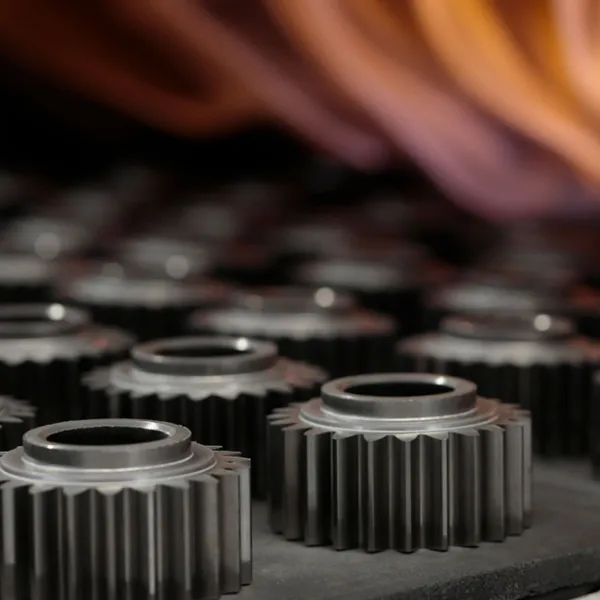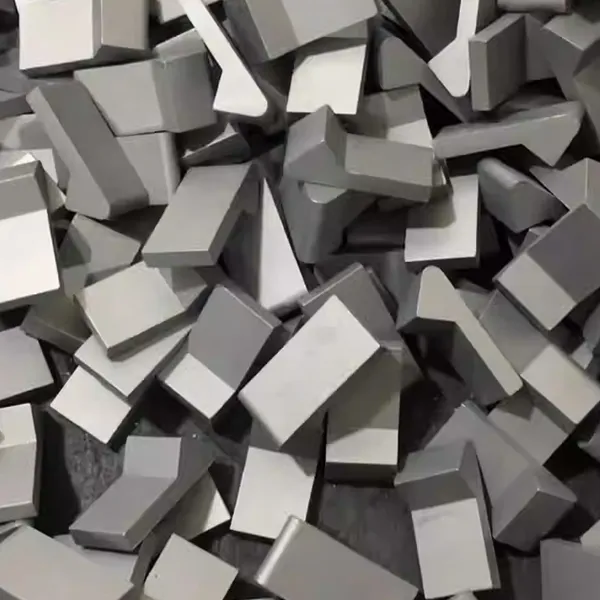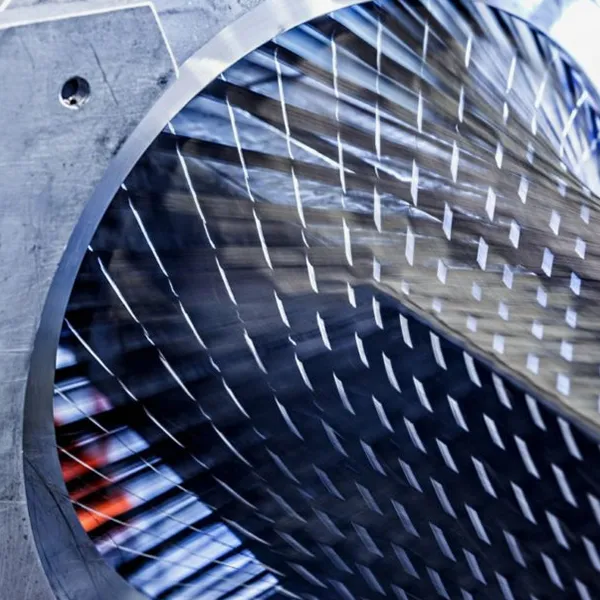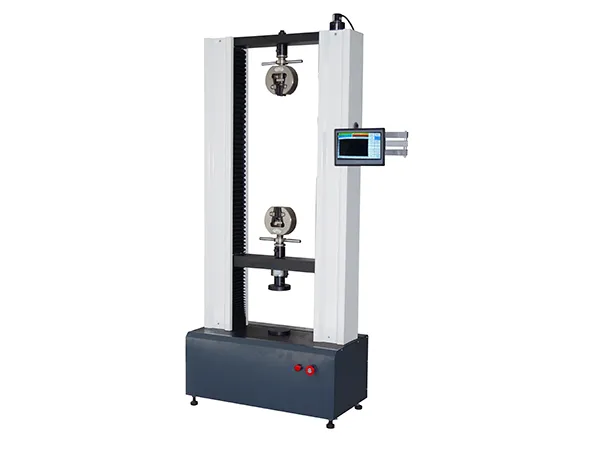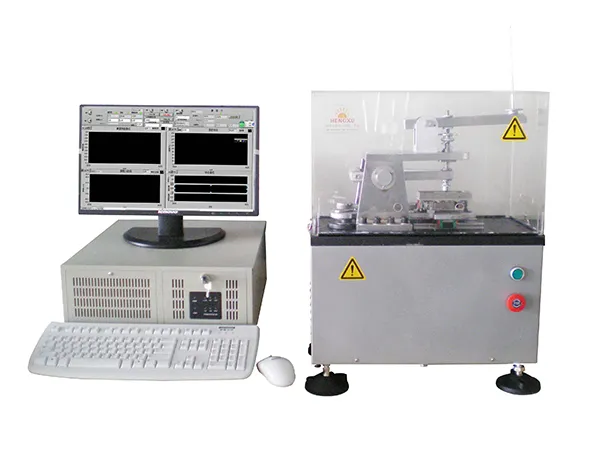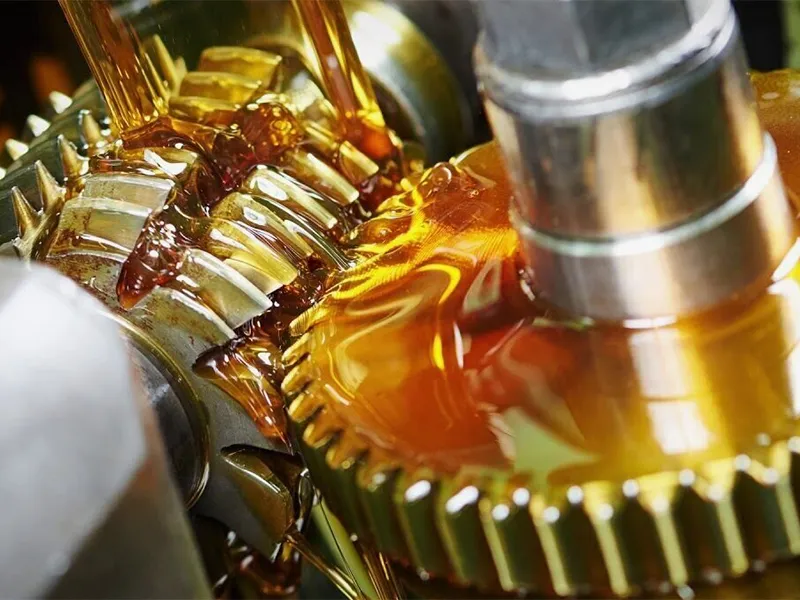
Lubricants play a key role in protecting mechanical components, especially under extreme conditions such as high temperature, high speed, pressure, and humidity. Our friction and wear testing machine tests the maximum non bite load (PB), sintering load (PD), and comprehensive wear value (ZMZ) of lubricants; measures the loss of kinematic viscosity of the oil before and after shearing, and evaluate the shear stability of the oil; and evaluates the performance of lubricants in detail based on factors such as the impact of gear oil on gear wear and the friction characteristics of lubricants (including engine oil, gear oil, and grease) on metal surfaces. These testing machines are designed to meet standards such as ASTM D 4172, DIN51354, and ISO12156-1:1997 (MOD), providing accurate and reliable data to ensure that lubricants perform as expected in various harsh environments.
Types of Lubricants and Additives Tested
Our friction and wear testing machines are equipped to evaluate a variety of lubricants and additives, ensuring their performance and reliability under different operating conditions. These include:
- Lubricating oils
- Diesel oil
- Lubricating greases
- Automotive lubricants
- Dry lubricants
- Gear oils
- Compressor oils
-
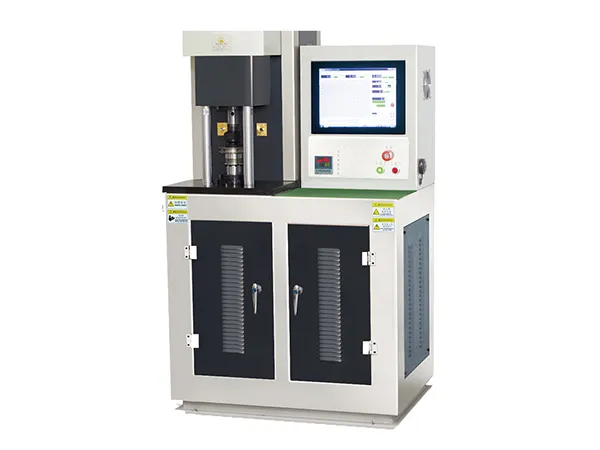
- Four Ball Friction & Wear Testing Machine Used for testing the wear resistance of a wide range of lubricants and greases. Features high automation and precision, and can be customized to meet special standards
-
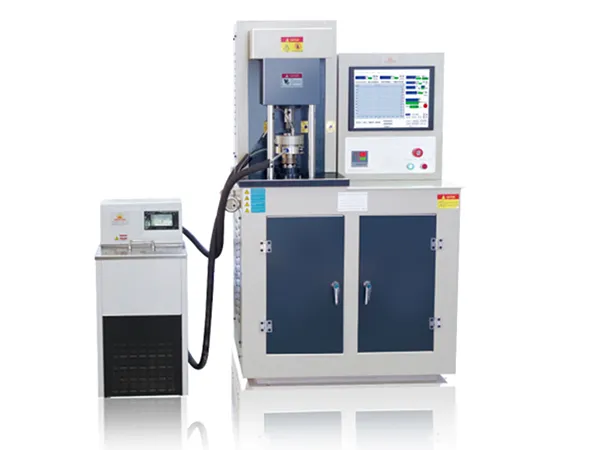
- Shear Stability Testing Machine Designed for conducting shear stability tests on lubricating oils using tapered roller bearings. It measures viscosity loss before and after shear to evaluate the stability of heavy-duty lubricants
-

- Gear Wear Testing Machine Built for evaluating the lubrication performance of gear oils. The machine follows DIN51354 standards, measuring gear oil-induced wear and weight changes on gear surfaces and determining the fatigue strength of various materials:
- Complies with the DIN51354 standard to determine the gear scuffing load and weight change caused by gear oil.
- Evaluates the load-bearing capacity and fatigue strength of gear surfaces and roots made from different materials.
- Measures the shear stability of lubricating oils to assess their durability under heavy loads
-

- Tapping Torque Testing Machine Used to assess the friction and wear properties of lubricants (such as motor oils, gear oils, and greases) on metal surfaces. This testing equipment tests the anti-wear performance of various lubricants by measuring the ability of the lubricants to reduce friction and wear. It does so by analyzing the width of wear scars formed on a rectangular block of the passive specimen under different loads, as well as the friction and friction coefficient between the materials of the tribological pair. This allows the testing machine to evaluate the load-bearing capacity and wear resistance of lubricants under various conditions. In addition, the testing system can assess lubrication performance under oil immersion, making it particularly suitable for simulating the anti-scuffing performance of high-grade automotive gear oils is also applicable for studying the wear performance of both metallic and non-metallic materials, as well as coatings.
-
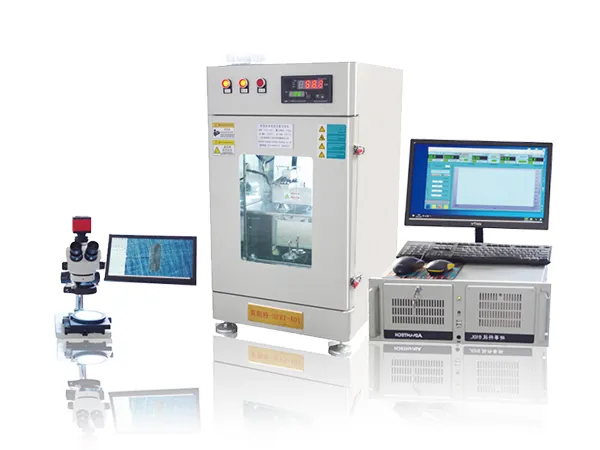
- High Frequency Reciprocating Friction & Wear Testing Machine Designed according to industry standards SH/T0765-2005 ("Diesel Lubricity Evaluation Method - High-Frequency Reciprocating Test Method") and ISO12156-1:1997 (MOD). This testing system meets the technical requirements for testing the lubricating properties of diesel fuels. It employs a standard ball-on-disk friction pair to evaluate diesel lubricity, ensuring that diesel fuels maintain their performance under varying conditions.

